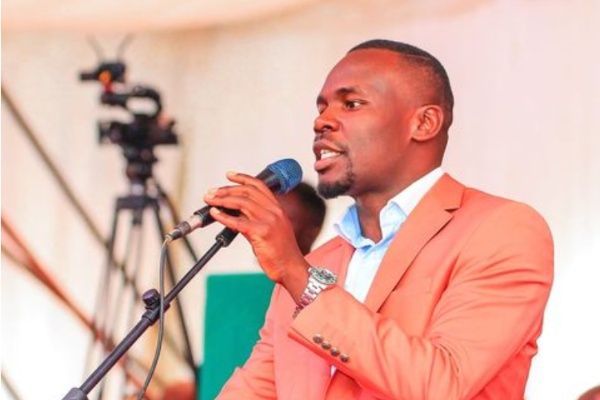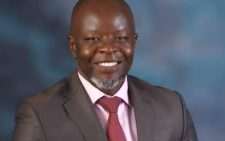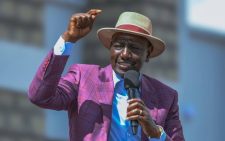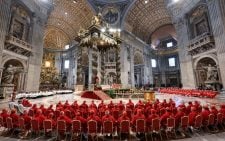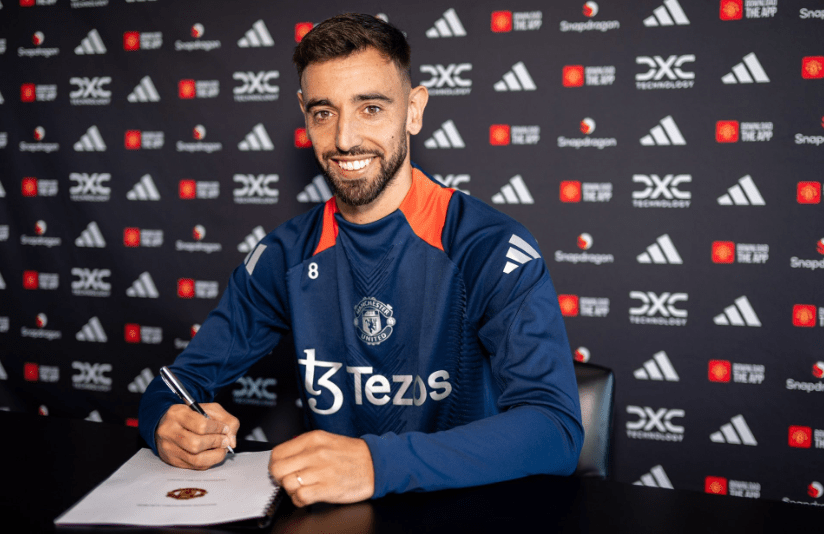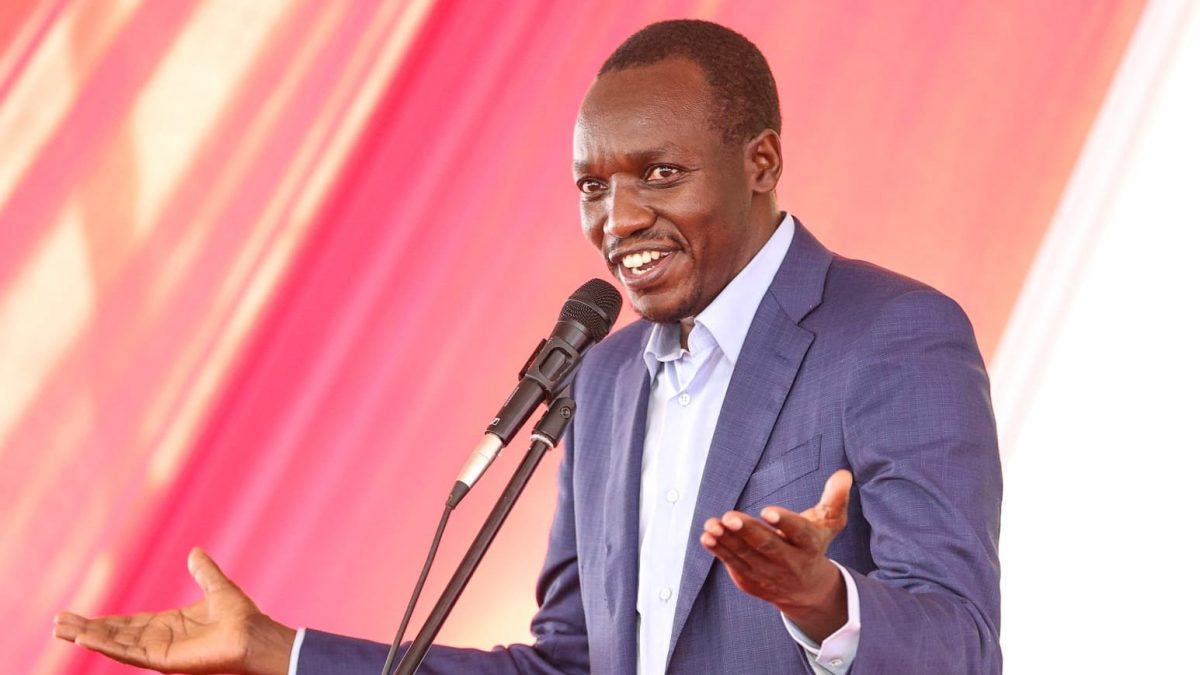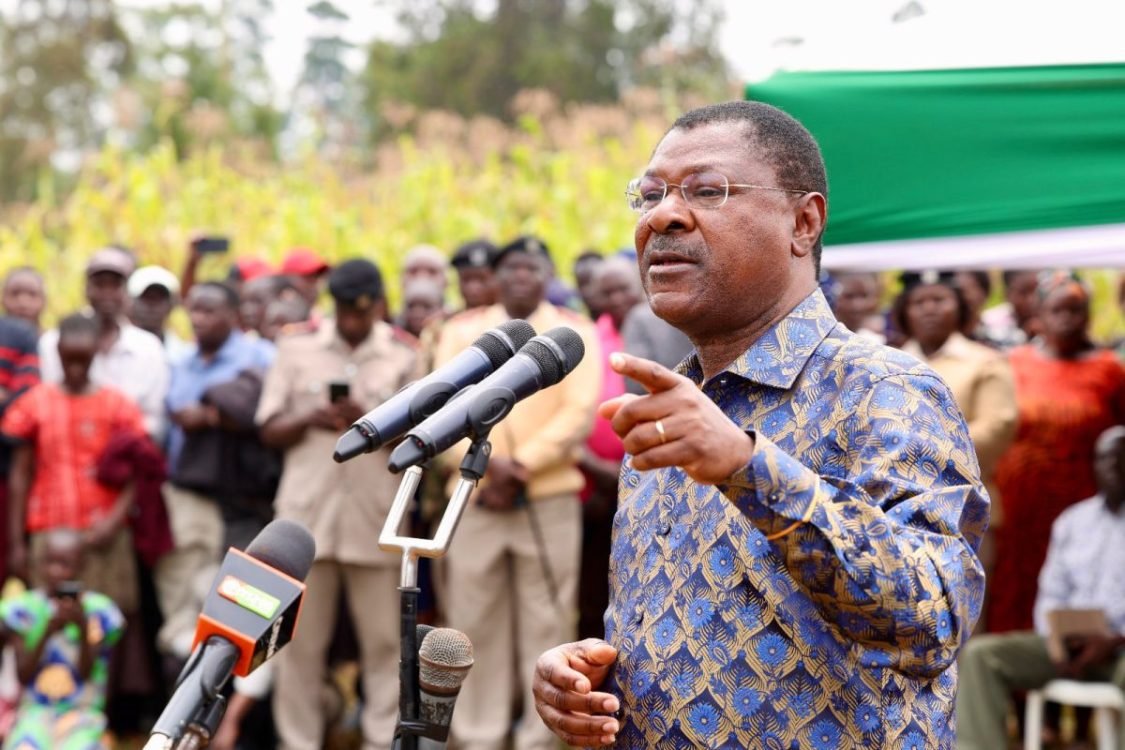WRC return excites rally world, Chager soars

After 18 years of waiting, coupled with a strong presence in the second tier FIA African Rally Championship (ARC), Safari Rally Kenya, one of the global legendary fixtures, made a stunning comeback to the global stage to restore hopes of millions of fans in the region.
Japan, Kenya and New Zealand returned to the World Rally Championship (WRC) in a refreshed calendar, displaying a more global profile.
All three countries were confirmed on a 14-round schedule approved by the FIA, world motorsport’s governing body. Their promotion follows the introduction of a second South American round in Chile this year.
Safari back to Kenya
It was the first time the WRC included six continents—Europe, North America, South America, Asia, Africa and Australasia—in its 48-year history. Not since 1999 had Africa and Asia appeared side-by-side in the fixture.
President Uhuru Kenyatta confirmed Safari’s 2020 WRC comeback in late September after the FIA World Motorsport Council approved WRC Promoter’s calendar.
The iconic event, first run in 1953 to celebrate the coronation of Queen Elizabeth II, will run as the eighth round from July 16-19 marking the beginning of the second half of the 2020 campaign in the wake of a mid-season break.
The initiative to return the Safari back to the WRC enjoyed unswerving Government support with the President and his ministers attending successful candidate event in early July at the Kasarani Stadium after which the rally sealed its place onto the calendar.
The Safari, regarded as one of motorsport’s most prestigious and toughest events, was dropped from the championship in 2002 due to lack of government support and guarantees requested by the FIA.
It was famed for being WRC’s toughest round. With rocky and rutted open-road gravel tracks, unpredictable weather which could transform dry and dusty trails into glutinous mudbaths in minutes and a route three times longer than other rallies unveiled experiences unmatched elsewhere.
The 2019 candidate Safari was organised by the Kasarani-based WRC Safari Rally Project, a joint venture between the Kenyan Sports Ministry and the Kenya Motor Sports Federation. The great effort evolved to suit the modern-day WRC standards.
WRC Promoter managing director Oliver Ciesla congratulated the Safari Rally Project team and CEO Phineas Kimathi for their tireless work, saying that running the WRC in the wild gives the global series something unique as usual.
“Kenya’s Safari Rally holds iconic status across East Africa with fans from countries like Uganda and Tanzania as enthusiastic about the rally as those from Kenya itself,” said Ciesla, whose company owns the championship’s commercial rights.
“It’s no secret we wanted to further globalise the series by incorporating more events outside Europe and we’ve achieved that next year with this exciting new-look calendar,” he added.
Chager rules
Cool, steady, patient driving gave “Flying Singh”, Baldev Chager victory at this year’s WRC Candidate Safari after Manvir Baryan suffered radiator gremlins on thick volcanic ash soil.
Hot favourites Carl “Flash” Tundo, speed master Baryan and Onkar Rai all looked headed for victory but Chager, previously winner of only one stage in the 2019 Safari, an ARC round, tracked them to come out top “at the death” at Kedong’ in Naivasha. It was Chager’s third Safari win, following the head-to-head of 2013 and 2014.
Baryan seals third ARC
Kenya’s Baryan and his British co-driver Drew Sturrock from Scotland clinched their third consecutive Africa Rally Championship title with another impressive victory in the Pearl of Africa Uganda Rally in August.
Baryan and Sturrock easily cruised to a third consecutive Pearl Rally win in what turned out to be a dominant drive in a Skoda Fabia R5, Baryan took command of the lead from the start to the end posting the fastest times of the two-day event
Bad weather
After the win in Uganda, Baryan headed to Kilifi for Mombasa Rally to resume his fight for KNRC points and emerged triumphant in an event which also featured a night stage in Vipingo.
But his intended maiden KNRC title came a cropper when he suffered a high-speed roll in the Meru Rally which saw him airlifted to Nairobi for specialised treatment.
Tundo missed out on Mombasa but fought back to win the Eldoret Rally thus taking the title fight between him and Chager to the wire.
Chager savoured a 20-point advantage going into the season closing Guru Nanak Rally which was for the second time declared a force majeure (cancelled) prompting the KMSF to decide the Championship with seven instead of eight rounds.
Manvir”s Skoda Fabia R5 and Onkar’s new VW Polo R5 (first driven in Mombasa) were the fastest cars which beaten by Tundo’s Evo10 on long stages including the Loldaiga in Nanyuki where Flash posted a dominant win.
Chager in an Evo10 won the season opener on Kajiado Rally, beating Manvir by a mere two seconds as Tundo fought to third place despite hitting a wildbeast.
Physically challenged driver Nikhil Sachania won the KNRC SPV (Specially Prepared Vehicles) class along with his partner Deep Patel.
Nikhil piloted a hand-controlled SPV Mitsubishi Lancer Evolution 10. Geoff Mayes and his partner Suzanne Zwager become the new KNRC Division Three drivers and navigators champions, a career first following a spirited run in their Land Rover Tomcat.
The Kenya National Karting Championship had new winners in Myles Imbaya (60cc Comer Class) and William Kim (Junior Rotax).
The KCB National Autocross Championship which traversed various tracks in the country had seven champions in Zameer Verjee (2WD NT), Kunal Patel (2WD T), Sahib Omar (4WD T), Imran Hakada (Open Class), Wayne Fernandes (Quad Class), Yuvraj Rajput (Bambino), and Tsorav Soni (Pee Wee).
Ross Field and his co-driver Robbie Calder emerged the Kenya National Rally Raid prototype car champions in their ‘monster’ CTR machine while Joost Zuubier and Rosaline Zuurbier took the honours in the Modified Car class.
-Gibo Zachary
